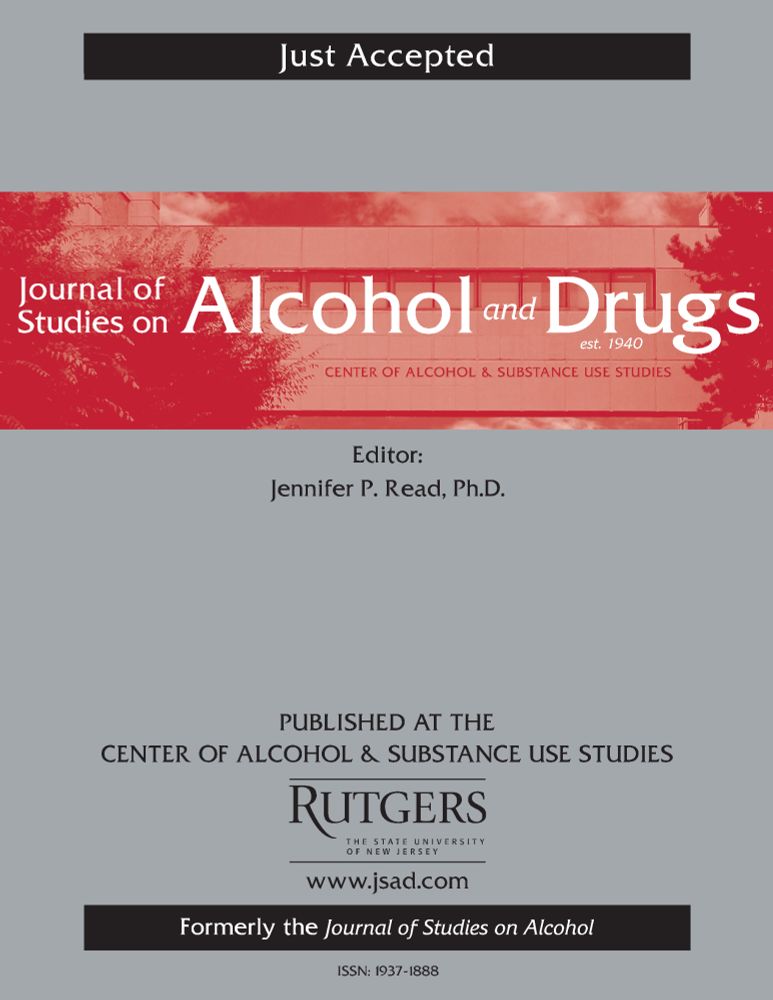
Visit our website: prevention.psu.edu
www.psu.edu/news/researc...

www.psu.edu/news/researc...



Learn more: http://pamt.psu.edu

Learn more: http://pamt.psu.edu

Download the FREE handbooks here: https://madd.org/power-of-parents/


Download the FREE handbooks here: https://madd.org/power-of-parents/


Enroll here: ow.ly/PYba50WBGor

Enroll here: ow.ly/PYba50WBGor



prevention.psu.edu/news/early-b...

prevention.psu.edu/news/early-b...



link.springer.com/article/10.1...

link.springer.com/article/10.1...

@pennstatehhd.bsky.social @prcpennstate.bsky.social @veronicarichards.bsky.social
www.jsad.com/doi/abs/10.1...

@pennstatehhd.bsky.social @prcpennstate.bsky.social @veronicarichards.bsky.social
www.jsad.com/doi/abs/10.1...
Info.: prevention.psu.edu/big10-neuros...

Info.: prevention.psu.edu/big10-neuros...
@stlanza.bsky.social @ucscscience.bsky.social @prcpennstate.bsky.social @ucsantacruz.bsky.social @pennstatehhd.bsky.social
www.jsad.com/doi/full/10....

@stlanza.bsky.social @ucscscience.bsky.social @prcpennstate.bsky.social @ucsantacruz.bsky.social @pennstatehhd.bsky.social
www.jsad.com/doi/full/10....



